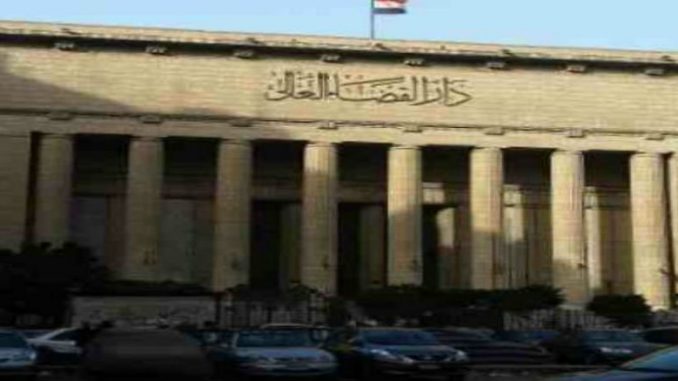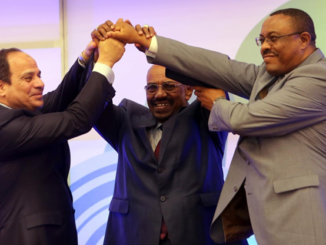
Insufficient evidence has recently led a judge to end the investigations into four more NGOs in Case 173/2011, known as the foreign funding case.
The four NGOs are the Ibn Khaldun Center for Development Studies, the Development and Institutionalization Support Center, Nazra for Feminist Studies, and the Al Salam Center for Human Development.
Four other NGOs saw their investigations ended last August and then a further four organizations in September.
Accordingly, the founders of the four organizations, all of whom were being investigated in the case, should have their travel bans and asset freezes lifted.
Nazra founder Mozn Hassan, who only learned about the decision from news reports, said that “we have yet to actually see our personal and NGOs’ assets unfrozen and travel bans lifted.”
However, some government sources say that removing civil society workers from Case 173 or even shutting the case completely may not end the travel bans and other legal measures against them, claiming that some will likely face new charges related to their finances.
Local and international organizations have long called for the decade-long investigation into foreign funding of rights organizations to be closed.
Ending the case is also reportedly one of the Biden administration’s conditions for releasing the final $130 million of military assistance to Egypt for Fiscal Year 2020.
Approximately 75 NGOs and 220 activists and employees have been acquitted in the case so far, but the number still under investigation remains unknown.
Hassan noted that the Egyptian Initiative for Personal Rights, the Al Nadeem Center for the Rehabilitation of Victims of Violence and Torture, and the Arab Network for Human Rights Information are all still included in the case.
In late 2011, the Egyptian authorities raided 17 NGOs working on democracy and rights issues.
Two years later, an Egyptian court ordered that several international NGOs be closed and handed down sentences to the defendants on charges of operating illegally in the country.
At least 13 high-profile civil society figures have been subject to travel bans in relation to the investigation since 2016.
They lost a 2019 appeal against those measures, despite lawyers pointing out that travel bans cannot legally be imposed for over two years, and that in the absence of documented evidence from the prosecution, the travel ban is both unconstitutional and illegal.



